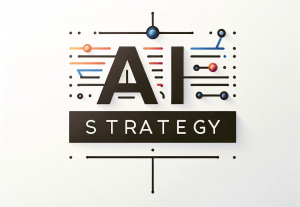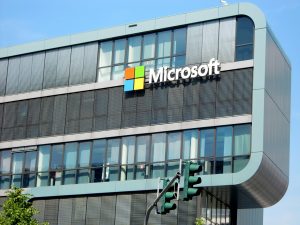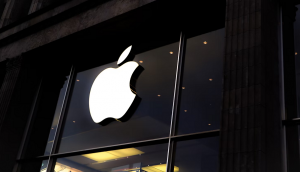Cloud services and virtual desktops round out VMware strategy
![]() Ed. Note: This is the second of a two-part series on VMware’s transition plan for its future, as presented in interviews on theCUBE at VMworld 2014. The first part looked at the software-defined infrastructure and VMware’s embrace of open source software, specifically Docker.
Ed. Note: This is the second of a two-part series on VMware’s transition plan for its future, as presented in interviews on theCUBE at VMworld 2014. The first part looked at the software-defined infrastructure and VMware’s embrace of open source software, specifically Docker.
The third pillar in VMware’s platform for growth is vCloud Air, its hybrid cloud technology/service. The hybrid/IaaS market is crowded, with Amazon Web Services (AWS) as the clear dominant player with Microsoft, IBM, HP, and Google, among others, competing for marketshare.
The vCloud Air strategy plays to an extent off VMware’s dominance in server virtualization. Although private clouds can run on non-virtualized hardware, a software-defined infrastructure provides advantages in underlying efficiency and flexibility. VMware sees cloud as a very scalable model and that the VMware SDDC supports that scalability and shields the cloud layer from the underlying hardware, said VMware CEO Pat Gelsinger. VMware plans to compete on the basis of added enterprise services built into the cloud rather than in “the race to the bottom [of price] of AWS and Google.” VMware offers its own public cloud service as part of that, but it is also making the technology available to its resellers and other partners so that they can field their own hybrid clouds or add their services onto VMware’s cloud. And its parent, EMC, is supporting the vCloud AIR with its extensive services organization, according to Michael Koehler, COO of EMC Professional Services.
One interesting possibility is a marketing and technical alliance between VMware and Google. Craig McLuckie, Google project manager, said on theCUBE that the cloud giant is serious about the cloud business and about supporting open source and flexible choices for users, in stark contrast to AWS which, as Wikibon CEO David Vellante puts it, has a policy of “my way or the highway.” As part of that, McLuckie said Google is partnering with VMware and other companies. It is supporting open source technologies and built Kubnernetes, its container manager, on Docker.
Exactly what McLuckie meant by a partnership is unclear. It could simply mean that Google will provide APIs to allow companies running on VMware and vCloud Air to integrate their clouds with Google Compute Engine. Or it could indicate that a tighter embrace is possible, involving joint sales and support of a combined hybrid package.
Virtual desktop
Finally, VMware is fielding a virtual desktop infrastructure (VDI) service, VMware Horizon Desktop-as-a-Service (DaaS). Built on vCloud Air, Horizon is designed to deliver users’ cloud-hosted desktops to “any device, anywhere” according to VMware, making this a platform for mobile devices as well as laptops, desktops, and terminals. Mobile has been a missing part of VMware’s end-user strategy said Sanjay Poonen, EVP and general manager of end-user computing at VMware. VMware has expanded its portfolio of end-user-focused software through several recent acquisitions and now has ten times as many services in this area as it did a year ago, Poonen said.
One of the most important of those acquisitions was Airwatch, which provides desktop as a service (DaaS) security. VMware and SAP AG also announced a partnership to provide SAP end-user business services on VMware’s Horizon desktop virtualization platform.
Finally, VMware has reduced the cost per user for virtualized desktops by 40 percent, making it less expensive for companies than the cost of maintaining individual devices for each user. This, he said, is the final piece that will push DaaS out of the VDI ghetto and into the mainstream.
“If you’re not in front, you’re driftwood,” said Gelsinger, in kicking off the conference. VMware’s multiple initiatives across hot industry trends like cloud, mobile, software-defined infrastructure and open source make it obvious that VMware intends to stay out front.
photo credit: pHil____ via photopin cc
A message from John Furrier, co-founder of SiliconANGLE:
Your vote of support is important to us and it helps us keep the content FREE.
One click below supports our mission to provide free, deep, and relevant content.
Join our community on YouTube
Join the community that includes more than 15,000 #CubeAlumni experts, including Amazon.com CEO Andy Jassy, Dell Technologies founder and CEO Michael Dell, Intel CEO Pat Gelsinger, and many more luminaries and experts.
THANK YOU









